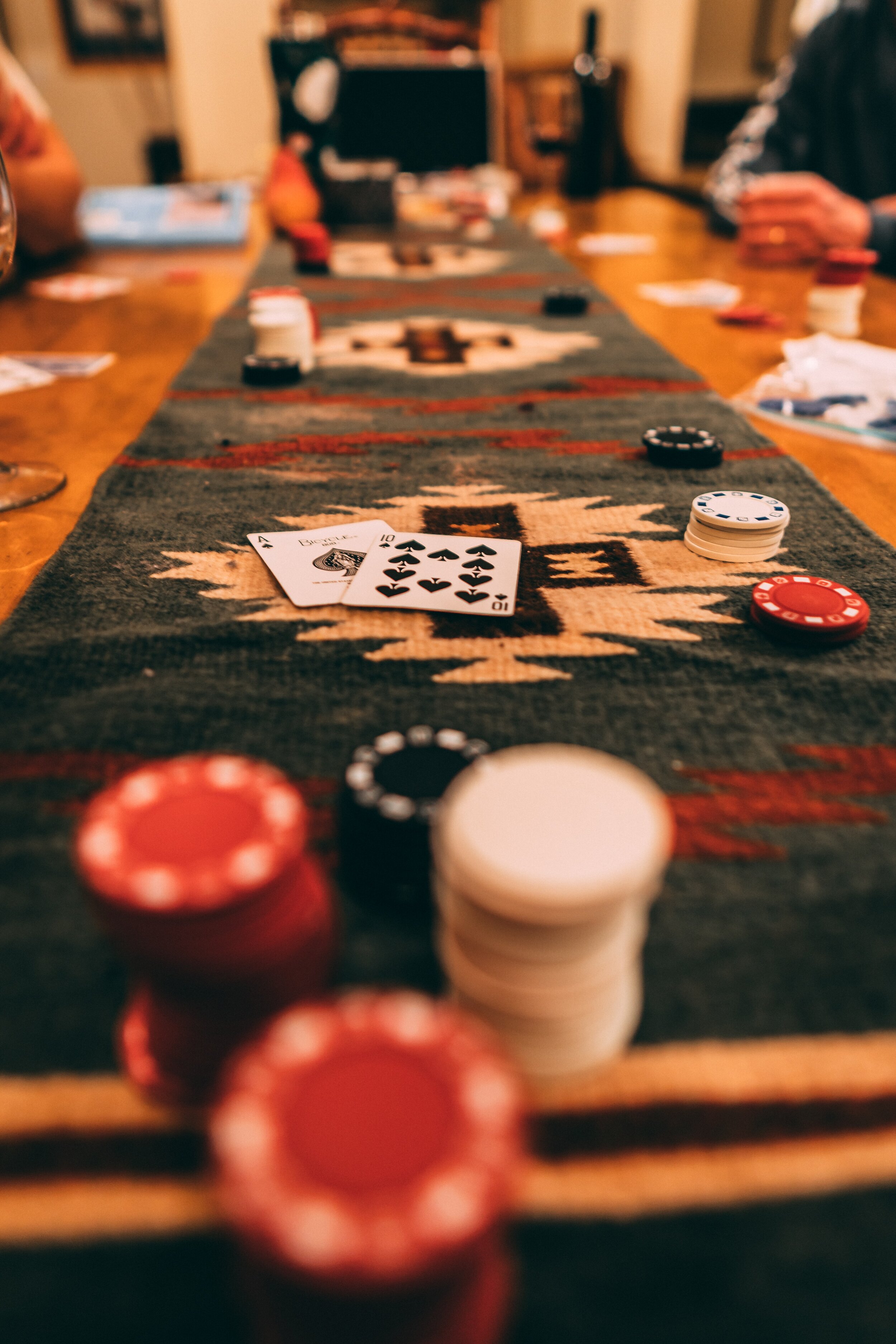This Guide is intended to provide an overview of the various legal issues associated with Skill Gaming, and is not offered as a legal opinion on a particular business model or specific state laws. Contact reputable sports and entertainment law firms if you have additional questions.
What is Skill Gaming?
A game of skill is a game or contest in which the outcome is determined by mental or physical skill, rather than chance. It is paramount for gaming operators to understand the distinction between skill and chance in order to mitigate their exposure to significant legal repercussions. Jurisdictions vary on their interpretations of the distinction, so it is important to learn how these activities are defined in the marketplace. Sports and entertainment law firms can provide additional clarification.
The Element of Skill
Every state prohibits unlicensed gambling. However, gambling laws only apply to games that involve the elements of prize, chance, and consideration (i.e., payment or reward). In order to avoid being labeled as gambling, the outcome of a game must be governed by skill, not chance.
The question is: How much skill? Courts across the nation differ in how to weigh the element of skill in comparison to chance. In evaluating whether the degree of skill involved in affecting the outcome of a game is sufficient to avoid violation of a state's gambling laws, courts typically use three approaches: (i) whether skill or chance is the dominant factor in the outcome ("Dominant Factor Test"); (ii) whether chance is a material element in the outcome ("Material Element Test"); or (iii) whether any chance at all is involved ("Any Chance Test"). The test used could determine whether your game is a legal game of skill, or illegal gambling.
A. Dominant Factor Test
The Dominant Factor test asks whether the outcome of the game is determined more by the participants' skill rather than by chance (i.e. events like dice rolls or random number generators should have little impact on the outcome of the game). The primary question is whether skill or chance is the dominant or controlling factor in determining the winner of the contest or game.
B. Material Element Test
The Material Element test focuses on whether chance plays any meaningful role in determining the outcome of the game. Under this test, it does not matter whether skill plays a significant, or even dominant, role in determining the outcome. The game will be deemed gambling if chance plays a meaningful role.
C. Any Chance Test
The Any Chance test evaluates whether chance plays any role whatsoever in determining outcome. Under this test, if any element of chance affects the outcome, then the game is considered one of chance. For example, the game of blackjack involves chance card flips and the skill of the player in deciding whether to "hit" or "stand." Since this game involves at least some chance (the card flips), it likely would not pass the Any Chance test and would be considered gambling. The Any Chance test is the strictest test for classifying skill games, and can render wagering on most any game illegal gambling.
Entry Fees
It gets complicated when entry fees are charged to participate in a game of skill. Some courts have recognized that paying an entry fee to participate in a game of skill, in the hopes of winning a prize, is a traditional part of American social life. However, other courts have held that if the entry fees are linked to the prize amount, and used to pay the prizes, the game involves a "wager" which can be illegal. Federal law exempts certain fantasy sports and other contests, but only if the prize is announced in advance, and the amount of entry fees does not impact the prize. Therefore, the handling of entry fees can be a critical element of risk mitigation in skill gaming.
Regulation
Skill Gaming is essentially unregulated in most of the United States. Federal law does not prohibit skill gaming, but, as noted above, does provide a safe harbor exemption for certain contests of skill that meet the statutory criteria. Most states do not expressly prohibit skill games by statute, but instead, focus restrictions on traditional gambling. States like Florida represent the exception, where wagering on skill games is prohibited by statute, along with games of chance. Even there, the courts struggle to permit participation in some Skill Gaming activity, such as midway fair games or golf tournaments. Instead of imposing a blanket prohibition on Skill Gaming, the courts often distinguish between illegal wagering on games of skill, and legal participation in contests involving skill. This can lead to inconsistent and unpredictable results. Often the "look and feel" of the game can be an important factor if its legality is tested in court.
Certification
The actual functioning of a skill game can be tested and "certified" by various game testing laboratories. The lab will independently evaluate the functionality of the game, and render a report confirming its actual operation. Any operator looking to offer a skill game should consider obtaining a certification from a reputable lab, describing how the game works, and how the element of skill plays out during gameplay. Such certifications can be important evidence in the event of a court challenge.
If you are interested in offering legal skill games on the Internet, via mobile apps, or in retail locations, you would benefit from a consultation with our gaming attorneys. Working with experienced sports and entertainment law firms can help you avoid unintentionally violating gambling laws which can carry serious consequences.


